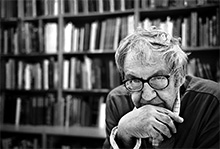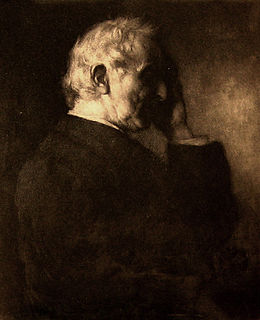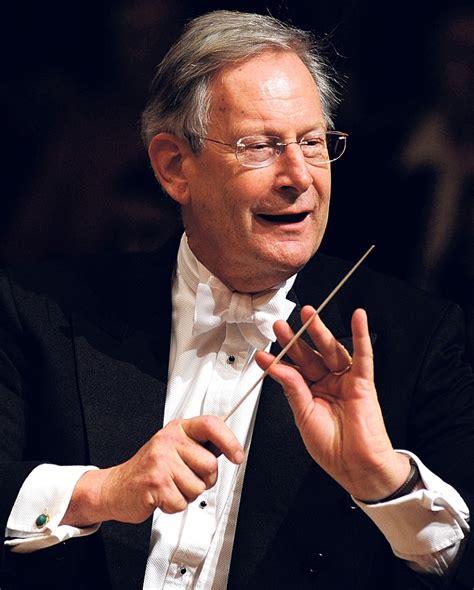A Quote by Sam Abell
And that desire-the strong desire to take pictures-is important. It borders on a need, based on a habit: the habit of seeing. Whether working or not, photographers are looking, seeing, and thinking about what they see, a habit that is both a pleasure and a problem, for we seldom capture in a single photograph the full expression of what we see and feel. It is the hope that we might express ourselves fully-and the evidence that other photographers have done so-that keep us taking pictures.
Quote Topics
About
Based
Borders
Both
Capture
Desire
Done
Evidence
Express
Expression
Feel
Full
Fully
Habit
Hope
Important
Keep
Looking
Might
Need
Other
Ourselves
Photograph
Photographers
Pictures
Pleasure
Problem
See
Seeing
Seldom
Single
Strong
Strong Desire
Take
Taking
Taking Pictures
Thinking
Us
Whether
Working
Related Quotes
The causes for my eating disorder ran along the usual lines: depression, an inability to express my rage, a desire to exert control, a desire to feel less, a desire to have my body express the things my voice could not. That, and I had gotten in the habit of believing it was better to take up less space.
[Women photographers] provide an inspiring reminder to all women that the choice to see, or be seen, is ours. We live in a culture in which this decision is undermined by the notion that the single most valuable contribution a woman can make is to be visually attractive. Women photographers make a strong case for seeing and an even stronger case for recording what you see.
The 8th Habit, then, is not about adding one more habit to the 7 - one that somehow got forgotten. It's about seeing and harnessing the power of a third dimension to the 7 Habits that meets the central challenge of the new Knowledge Worker Age. The 8th Habit is to Find Your Voice and Inspire Others to Find Theirs.
I think I’ve said this before many times—that photography allows you to learn to look and see. You begin to see things you had never paid any attention to. And as you photograph, one of the benefits is that the world becomes a much richer, juicier, visual place. Sometimes it is almost unbearable — it is too interesting. And it isn’t always just the photos you take that matters. It is looking at the world and seeing things that you never photograph that could be photographs if you had the energy to keep taking pictures every second of your life.
But you go to a great school, not for knowledge so much as for arts and habits; for the habit of attention, for the art of expression, for the art of assuming at a moment's notice a new intellectual posture, for the art of entering quickly into another person's thoughts, for the habit of submitting to censure and refutation, for the art of indicating assent or dissent in graduated terms, for the habit of regarding minute points of accuracy, for the habit of working out what is possible in a given time, for taste, for discrimination, for mental courage and mental soberness.


































